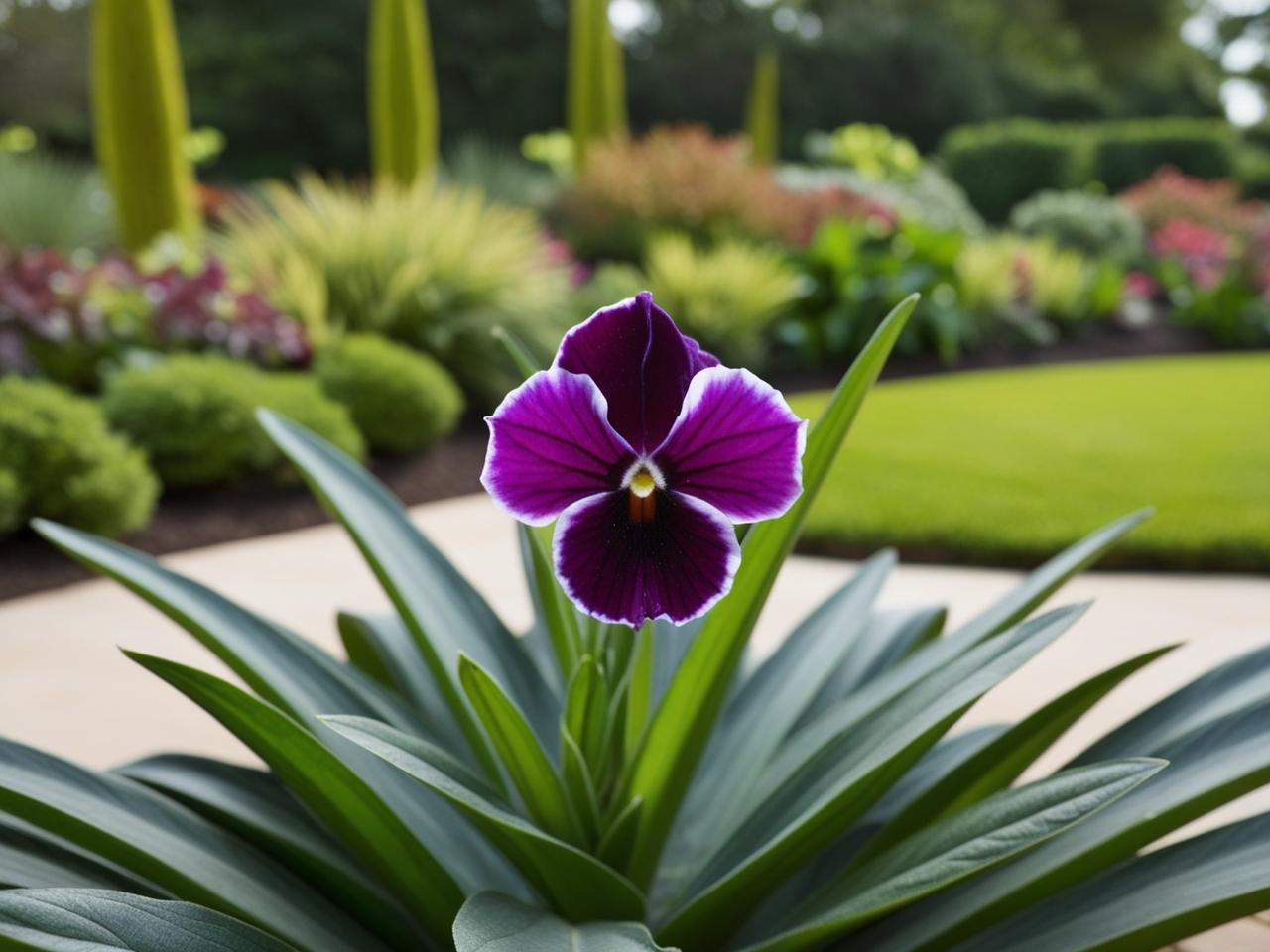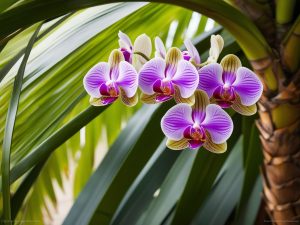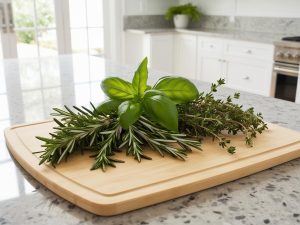Top 10 Pet-Friendly Plants for Florida
Creating a beautiful and safe landscape for your pets in Florida can be a rewarding experience. Many popular landscaping plants can be toxic to animals, so choosing non-toxic options is crucial for their safety. This blog post will highlight ten pet-friendly plants that thrive in Florida’s climate while adding aesthetic appeal to your garden.
Here are ten plants that are generally considered safe for pets, perfect for your Florida landscape:
- 1. Areca Palm (Dypsis lutescens): A popular choice for privacy screens and tropical flair. Areca palms are non-toxic to cats and dogs and thrive in Florida’s humid climate.
- 2. Bromeliads: These vibrant, low-maintenance plants add a touch of the exotic to any garden. They’re safe for pets and come in a variety of colors and sizes.
- 3. Cast Iron Plant (Aspidistra elatior): As the name suggests, these plants are extremely resilient and can tolerate a wide range of conditions. They are non-toxic to pets and provide lush greenery.
- 4. Swedish Ivy (Plectranthus verticillatus): This fast-growing plant is perfect for hanging baskets or ground cover. It’s easy to care for and safe for both cats and dogs.
- 5. Orchids: Many orchid varieties are non-toxic to pets, adding elegance and beauty to your landscape. They thrive in Florida’s warm, humid conditions.

- 6. Prayer Plant (Maranta leuconeura): Known for its striking foliage that folds up at night, the prayer plant is a safe and interesting addition to any pet-friendly garden.
- 7. African Violet (Saintpaulia): These flowering plants add a splash of color to your indoor or outdoor spaces. They are considered non-toxic and relatively easy to care for.
- 8. Bird’s Nest Fern (Asplenium nidus): With its distinctive, crinkled fronds, the Bird’s Nest Fern brings a unique texture to your landscape. It’s a safe and low-maintenance option for pet owners.
- 9. Polka Dot Plant (Hypoestes phyllostachya): Add a playful touch to your garden with these spotted beauties. They’re non-toxic to pets and come in various colors like pink, red, and white.
- 10. Some Herbs (Basil, Rosemary, Thyme): Many culinary herbs are safe for pets and can add fragrance and flavor to your garden. Check each herb individually to confirm its safety.

Disclaimer: While these plants are generally considered non-toxic, it’s always best to supervise your pets and discourage them from eating any plants. Plant sensitivities can vary from pet to pet. When introducing new plants to your environment, monitor your pets and consult with your veterinarian if you have any concerns.
Important Considerations
Even though these plants are considered non-toxic, it’s still important to discourage your pets from eating them. Ingesting large quantities of any plant material can cause digestive upset, such as vomiting or diarrhea. Here are a few tips:
- Provide alternative chewing options: Offer your pets plenty of chew toys and safe treats to satisfy their natural chewing instincts.
- Create barriers: Use fencing or landscaping to create barriers around your plants, making it more difficult for pets to access them.
- Supervise your pets: Keep an eye on your pets when they’re in the garden, and gently discourage them from eating plants.
- Consult your veterinarian: If you’re concerned about your pet’s plant-eating habits, talk to your veterinarian for advice.
By choosing pet-friendly plants and taking precautions to discourage plant consumption, you can create a beautiful and safe outdoor space for your furry friends to enjoy. Remember to research specific plant varieties and consult with your veterinarian if you have any concerns about your pet’s health or behavior.
Summary
This blog post highlighted ten pet-friendly plants suitable for Florida landscaping, emphasizing their non-toxic nature and aesthetic contributions. While these plants are generally safe, discouraging pets from eating them is crucial for their well-being. By implementing preventative measures and providing alternative chewing options, you can create a harmonious and safe garden environment for both your plants and your beloved pets.


 Facebook
Facebook
 X
X
 Pinterest
Pinterest
 Copy Link
Copy Link


